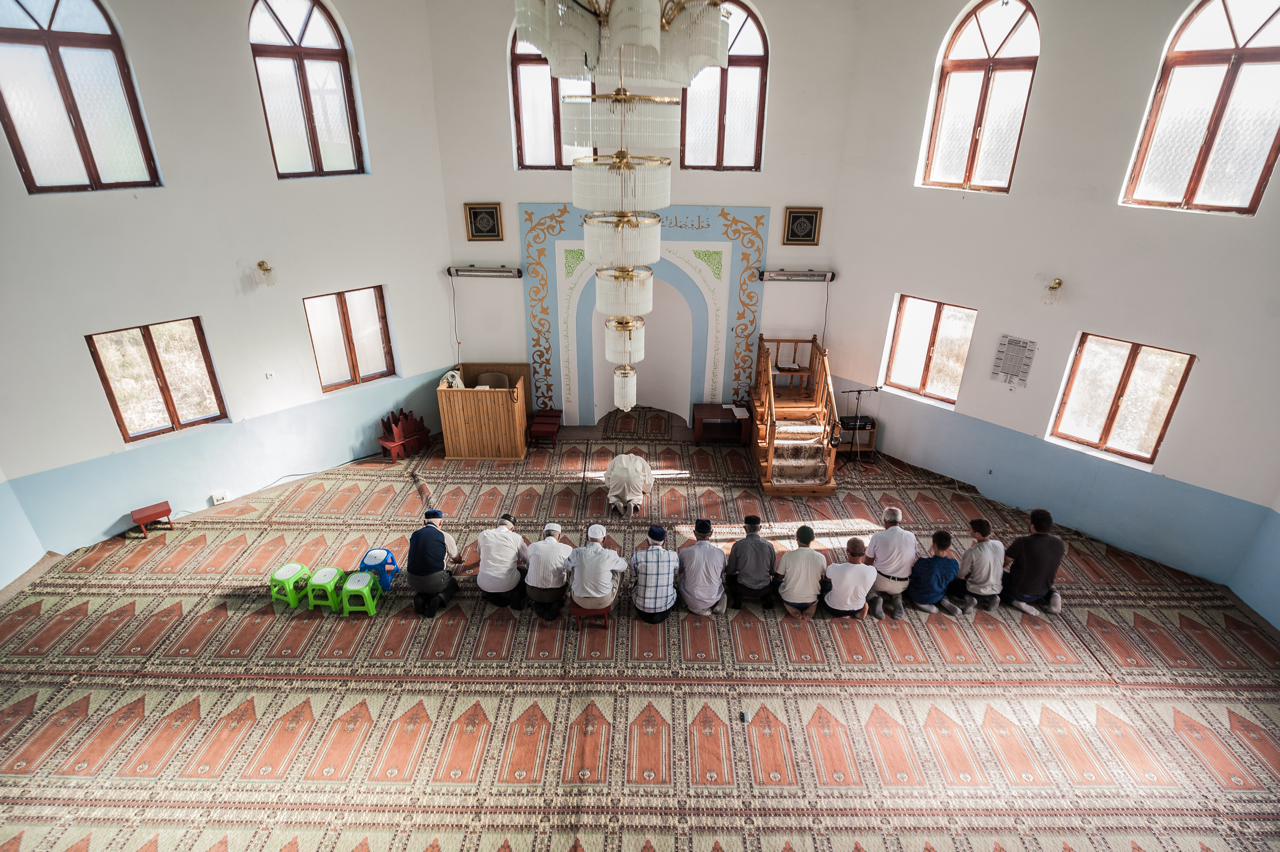Council of Europe raises concerns about Russia's national minorities

The Council of Europe expressed regret on Jan. 12 about Russia's withdrawal from the Council's national minorities convention, raising concerns about the impact on national minorities and indigenous peoples of the Russian Federation.
Moscow withdrew from the Framework Convention for the Protection of National Minorities (FCNM) last October, allegedly due to reduced powers of Russian representation.
The FCNM's Advisory Committee issued a statement saying that this step "deprives more than 25 million persons belonging to the Russian Federation's numerous national minorities from the protection offered by this unique international treaty."
The committee also noted that young men from national minorities are overrepresented among the Russian military's recruits and fatalities in Moscow's war against Ukraine.
The statement further pointed out diminishing language and education rights for national minorities and severe human rights violations against minority rights advocates in Russia.
Finally, the committee voiced concern about reports from Ukrainian national minorities living in Crimea and other Russian-occupied territories.
The Crimean Tatar community has suffered heavy repressions under the Russian occupation of Crimea since 2014. Moscow is targeting other Ukrainians in occupied territories as well, forcing them to accept Russian passports and reportedly coercing them into military service.
"On top of the human suffering and destruction of cultural heritage caused by the aggression, persons belonging to national minorities are exposed to human rights violations and assimilation policies by the occupying forces," the statement read.
The FCNM, ratified by about 40 countries, aims to promote the rights of national minorities among the member states, combat discrimination, and promote and protect individual ethnic groups and cultures. Russia ratified the treaty in 1998.
Moscow justified its withdrawal by saying that in September 2022, the Council of Europe "significantly limited the powers of a Russian expert" in the Convention's Advisory Committee.
Russia claims it lost the opportunity to monitor and address cases of alleged rights violations of national minorities abroad, "primarily of the Russian-speaking population."
The Kremlin has used the false pretext of abuse and discrimination against Russian speakers in Ukraine to justify its aggression against its neighbor and was propagated as one reason for invading Donbas in 2014.











